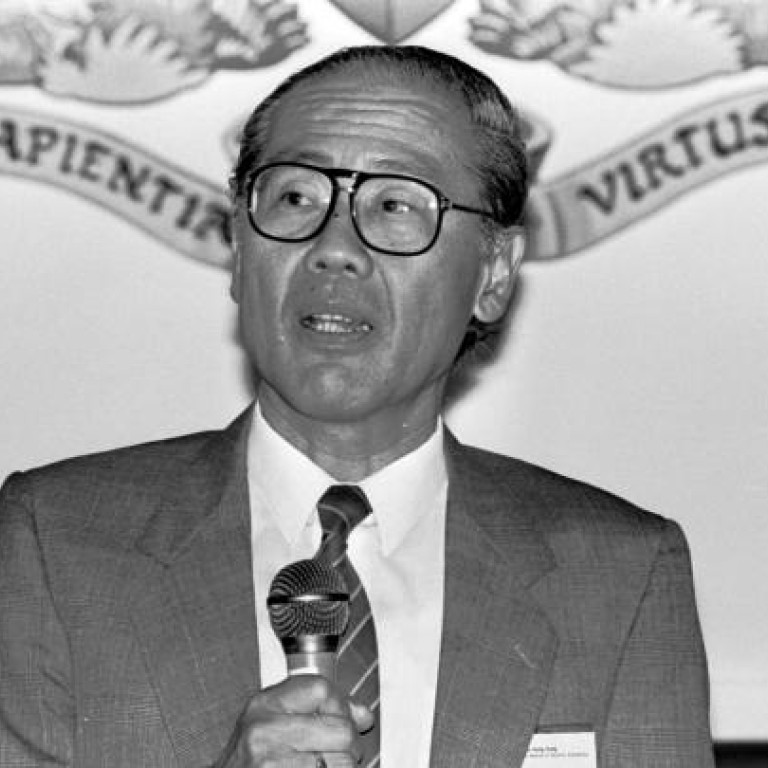
Book review: Wang Gungwu, by Zheng Yongnian and Phua Kok Khoo
Wang Gungwu is a successful, honoured educator and public servant who has lived through the remarkable transformation of Asian economies and polities since the end of the second world war.
by Zheng Yongnian and Phua Kok Khoo (ed)
World Scientific Publishing

His eminent contributions to higher education and nuanced responses to the role and functioning of universities within their regional and global contexts is the core of this commemorative volume of his life and works.
The volume pulls together selected writings from 1971 to 2008, to an international audience, about the nature of change affecting Asia and Asian educational goals by differing political and economic drivers, and where universities may serve or disserve their constituents.
Of particular interest is a previously unpublished essay, , written in 1998. Here Wang explores the tension between reverence for traditional knowledge or humanities, as the core in Asia, and modernising Western scientific methods. This essay with its historical sensitivity and insight provides a critical analysis of the challenges to education in Asia and relevance to current conditions that begs the question: how are we to stimulate creativity and encourage innovation?
In an essay published in the same year, , Wang deals forcefully with the various and contentious theories about "paradigm" shifts between differing cultural understandings. He argues that there is much to ponder, whether the case is for "situational" as opposed to "knowledge-driven" changes to Asian higher educational research, and thereby societal applicability.
Wang's biography perhaps reveals the basis of his perspective. He was born in Indonesia, educated in British Malaya during the Japanese occupation, and with his family moved to Nanjing, where he matriculated at the National Central University until 1948 when the communist take-over was imminent. He returned to Malaya and Singapore where he was awarded his BA and MA; he did his PhD in London.
These were perilous yet interesting times. Wang's formative years as a scholar was marked by a worldwide depression, anti-colonial movements, Japanese aggression, Marxist insurgencies and nation-building after the war.
He returned to teach in Malaya then went to the US and London, returning after the communist-inspired insurrection was quashed. He served at the University of Malaya until 1968, when he moved to head important positions at the Australian National University.
He was recruited to the vice-chancellorship at the University of Hong Kong (1986-1996) and then returned to Singapore to head several research and university appointments that he still holds.
In Hong Kong, Wang is largely remembered as the vice-chancellor of the University of Hong Kong during the 1989 Tiananmen debacle and the educational reforms debated during his tenure. His prolific output of scholarly works and his concurrent service on government committees, including serving as an appointed member of the Executive Council, is notable, yet this period of his career is not adequately addressed in this volume.
The editors have devoted two-thirds of the book to a chronology of his career and a selection of 50 books, written, edited or co-edited by Wang, including descriptions of the contents and review comments on these works.
The book records and celebrates his contributions to higher education that perhaps may not be of interest to the general reader, but will be of importance to educators and students in the region, particularly in Hong Kong.
